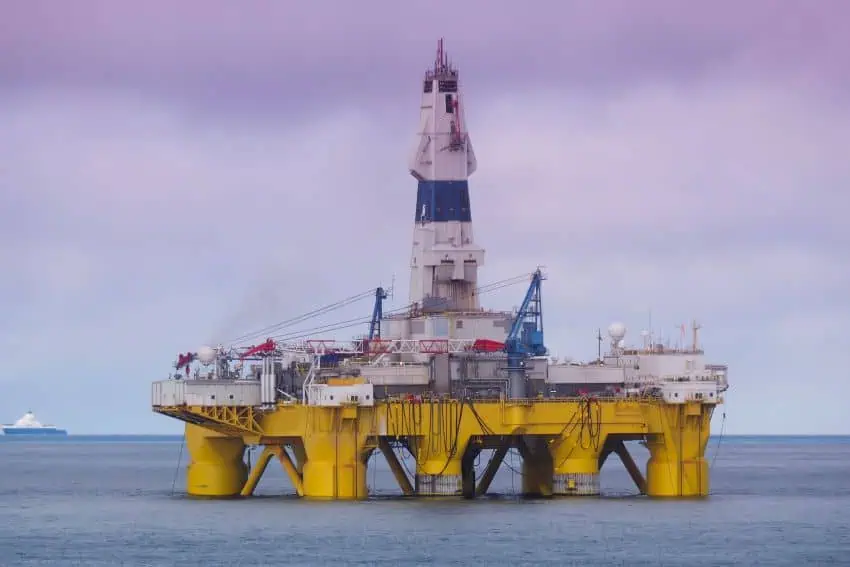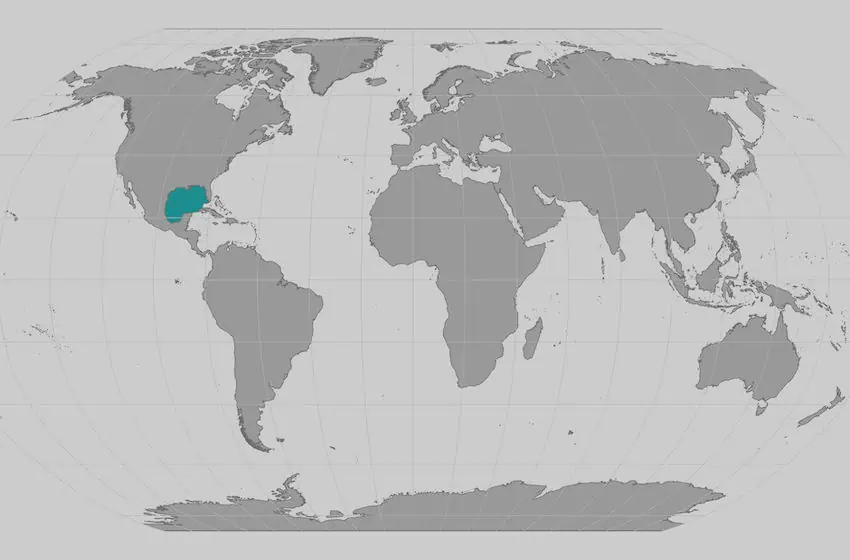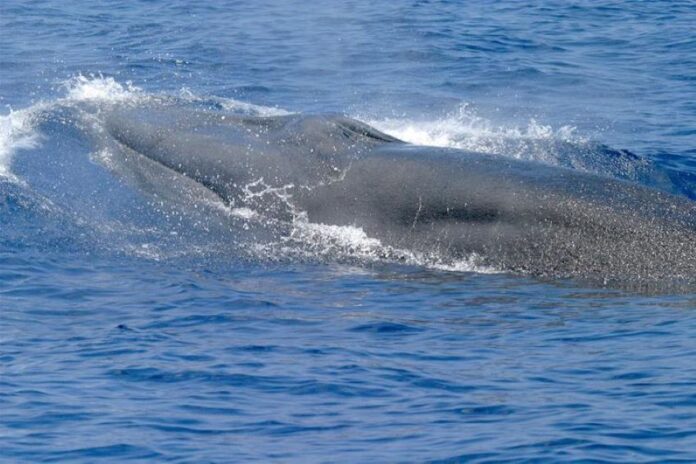The Sierra Club and other environmental groups have filed a lawsuit to adequately protect endangered marine animals — including one of the world’s rarest whales — from being harmed or killed by fossil fuel drilling and exploration in the Gulf of Mexico.
The filing Tuesday in the U.S. District Court in Maryland came on the heels of the Trump administration’s publication of a long-awaited environmental assessment this week.

The assessment from the United States’ National Marine Fisheries Service (NMFS) found that vessel strikes related to oil and gas drilling in the Gulf of Mexico are likely to jeopardize the existence of the critically endangered Rice’s whale.
The new assessment was ordered last year by a federal judge who ruled that the previous NMFS report did not adequately address risks from oil spills and vessel strikes.
The new report, meanwhile, admits offshore gas and oil activities could kill nine Rice’s whales and harm hundreds of sea turtles over the next 45 years.
The Rice’s whale, named after the scientist (Dale Rice) who first wrote about the unique population in the mid-1960s, was officially recognized as a distinct species of baleen whale in 2021.
There are an estimated 51 whales — who are up to 12.8 meters long and have pink-tinged underbellies — in the Gulf, according to the analysis, though other studies cite “fewer than 100” remaining.
The assessment serves to govern how endangered and threatened marine species should be protected from vessel strikes, oil spills and industrial noise in the region, which President Donald Trump has renamed the Gulf of America.
For example, the report sets speed restrictions and a requirement for vessels to maintain a 500-meter minimum distance from the species, if spotted.
What are the grounds for the Sierra Club’s lawsuit?
However, the new report doesn’t go far enough, the suit alleges. It was filed by the U.S. nonprofit Earthjustice on behalf of the Sierra Club, the Center for Biological Diversity, Friends of the Earth and the Turtle Island Restoration Network.

“It’s just as inadequate for protecting rare marine species as the last biological opinion was,” said Chris Eaton, an attorney with Earthjustice. “For Rice’s whales, it allows activities over the next 45 years that the Fisheries Service admits will kill nine whales and seriously injure three more.”
Losing even one breeding female could collapse the population, scientists warn.
Oil and gas industry groups welcomed the publication of the analysis. Had it not been produced by a judge’s May 21 deadline, vital operations could have been shut down.
However, they also criticized the report.
“We are concerned by the inclusion of a jeopardy finding for the Rice’s whale,” National Ocean Industries Association President Erik Milito said in a statement. “That determination appears inconsistent with the best available science and triggers unnecessary regulatory uncertainty.”
Rice’s whales inhabit the northeastern Gulf of Mexico, particularly around the De Soto Canyon off the coast of Florida, but have also been detected further west.
The Gulf of Mexico also hosts five endangered sea turtle species, which face ship strikes, explosives and oil spills under the plan.
“The Fisheries Service continues to turn a blind eye to offshore oil and gas risks,” Eaton said. “This doesn’t provide the protection the law requires.”
With reports from Reuters, Earthjustice and Whales Online
